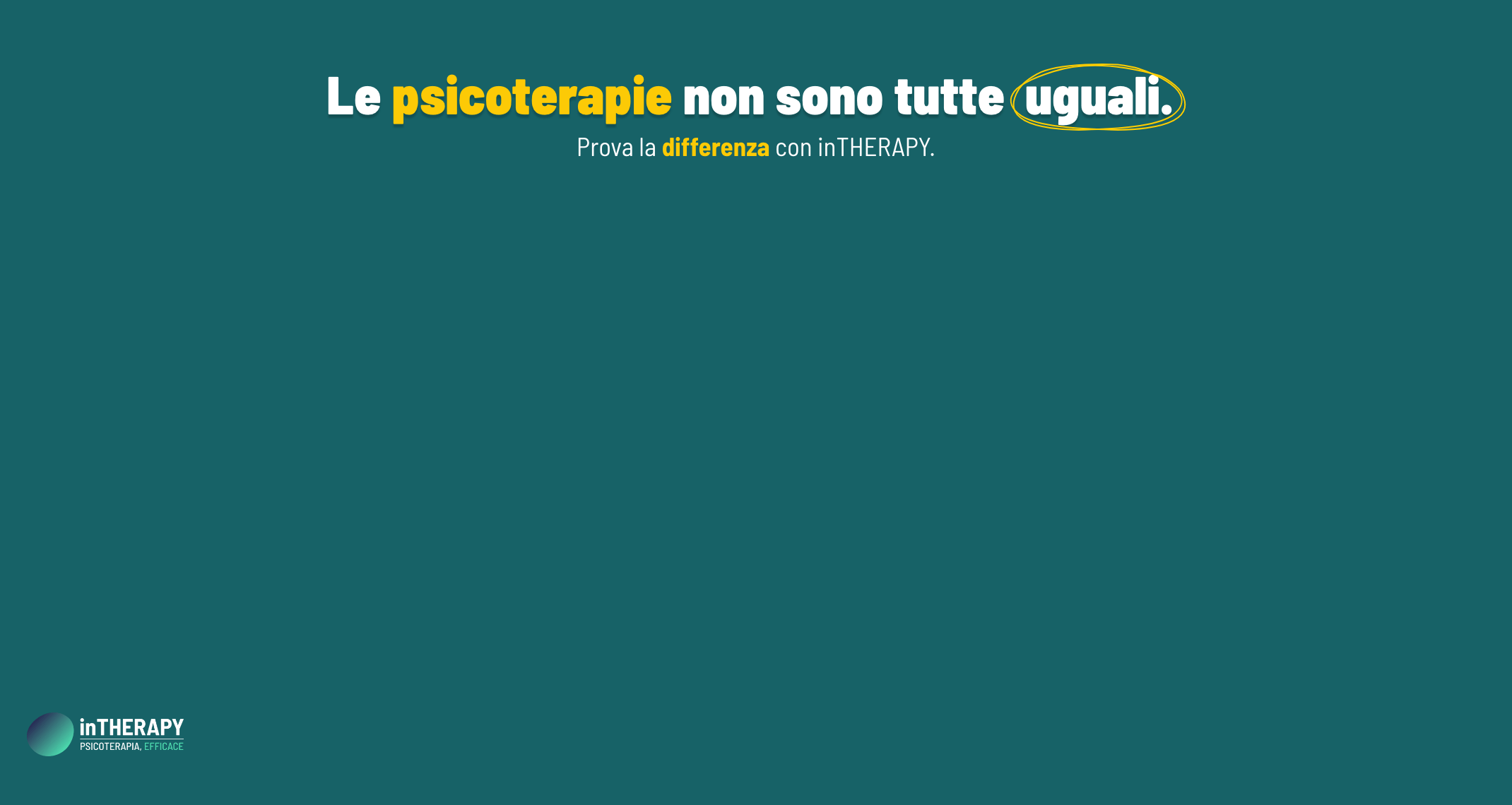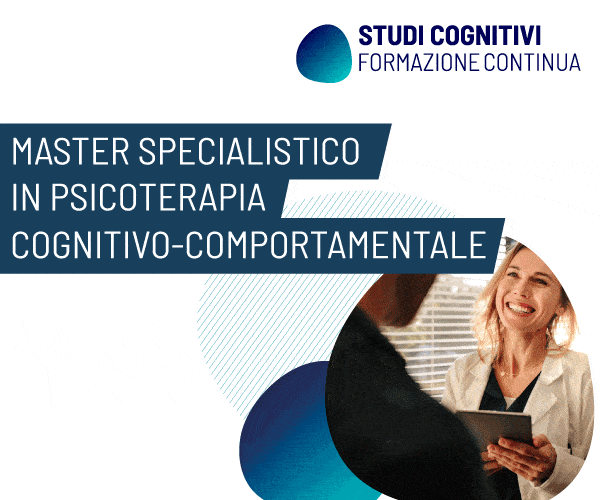Il presente studio ha indagato se e in che misura la tendenza a ricercare la novità e la propensione a pensare in modo desiderante potessero influenzare il craving, un fattore cruciale per il mantenimento delle dipendenze patologiche.
I dati sono stati raccolti somministrando una serie di questionari a 270 persone appartenenti alla popolazione generale e senza alcuna diagnosi psichiatrica.
Le analisi dei dati hanno mostrato come il pensiero desiderante potesse mediare la relazione tra ricerca della novità e craving. In altre parole, uno stile cognitivo incentrato sul desiderio in tutte le sue componenti (immaginativa e verbale) sembrerebbe più “a rischio” per lo sviluppo di craving, rispetto a un temperamento caratterizzato da una forte ricerca della novità.
In questo senso, i risultati hanno sottolineato il ruolo centrale del modo in cui si gestisce il desiderio, per la sua capacità di influenzare la percezione di craving.
Desire thinking as a mediator of the relationship between novelty seeking and craving
We examined the relationship between desire thinking, temperament and craving. Findings support a multiple mediational sequence from novelty seeking to craving. Desire thinking mediates the relationship between novelty seeking and craving.
[accordion title1=”About the authors” text1=”a Studi Cognitivi, Milano, Italy b Sigmund Freud University, Milano, Italy c School of Applied Sciences, London South Bank University, London, UK d Studi Cognitivi, Modena, Italy e University of Pavia, Pavia, Italy” ]
Abstract
Background
The construct of craving has been shown to play a crucial role in the development and maintenance of addictive behaviors. Both novelty seeking and desire thinking have been identified, respectively, as important temperamental and cognitive predictors of craving.
Aims
In the present study we aimed to explore the relative contribution of novelty seeking and desire thinking towards craving, hypothesizing a sequence of multiple mediating relationships starting from novelty seeking and moving onto imaginal prefiguration, verbal perseveration and craving in serial fashion.
Method
A convenience sample of 270 individuals completed measures assessing novelty seeking, desire thinking, and craving relating to a chosen activity.
Results
Findings showed that, controlling for age and gender, desire thinking components predicted craving over and above novelty seeking. The indirect effect from novelty seeking to craving, via desire thinking components, was significant thus supporting a multiple-mediational sequence. Finally, the relationship between imaginal prefiguration and craving was found to be partially mediated by verbal perseveration.
Conclusions
The findings provide support for the conceptualization of desire thinking as an independent construct in predicting craving over and above novelty seeking.
Keywords
- Addiction;
- Addictive behaviors;
- Craving;
- Desire thinking;
- Temperament
DOWNLOAD FULL ARTICLE:
- Gabriele Caselli, Chiara Manfredi, Annalisa Ferraris, Francesca Vinciullo, Marcantonio M. Spada, Desire thinking as a mediator of the relationship between novelty seeking and craving, Addictive Behaviors Reports, Volume 1, June 2015, Pages 2-6, ISSN 2352-8532, http://dx.doi.org/10.1016/j.abrep.2015.03.003.









